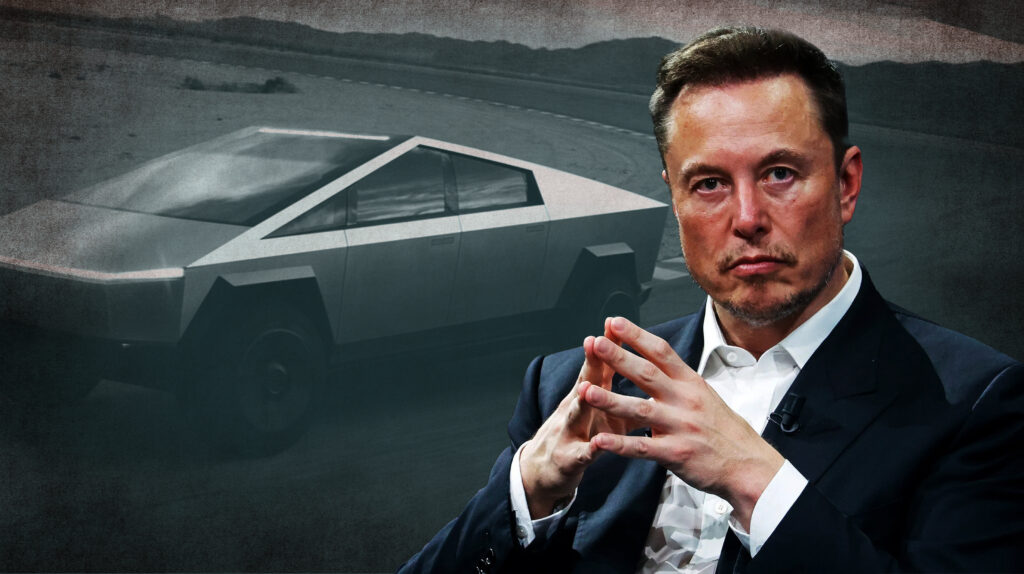In a recent statement that could reshape India’s electric vehicle (EV) ambitions, Union Heavy Industries Minister H.D. Kumaraswamy confirmed that Tesla has no current plans to manufacture its electric vehicles under India’s “Make in India” initiative.
Instead, the American EV giant will focus on setting up retail showrooms in key metropolitan cities, beginning with Mumbai and Delhi.
As India’s EV ecosystem matures, Tesla’s retail-only strategy will be closely watched, especially as rival brands gear up for full-scale production and localization.

Tesla Skips Local Manufacturing Despite Policy Push
The Indian government had rolled out an attractive incentive program—Scheme to Promote Manufacturing of Electric Passenger Cars in India (SPMEPCI)—to encourage global carmakers to build EVs locally.
This scheme offers up to 15% reduced import duty on 8,000 units per year, contingent on the manufacturer committing at least $500 million to domestic manufacturing within three years, and achieving phased localization milestones.
Despite these lucrative benefits, Tesla has opted to bypass this route. Unlike other automakers like Hyundai, Kia, Mercedes-Benz, Skoda, and Volkswagen—who have either shown interest or are in talks to start local assembly—Tesla appears to be staying away from India’s manufacturing ecosystem altogether for now.
Focus on Retail Presence: Mumbai and Delhi First
Tesla’s strategy seems to prioritize high-end retail and brand visibility. According to sources, the company has finalized showroom spaces in two of India’s busiest business districts: Bandra-Kurla Complex in Mumbai and Aerocity in Delhi. Each outlet is expected to span nearly 5,000 square feet, offering a full suite of Tesla’s services including vehicle display, customer interaction, and initial sales operations.
Tesla has also initiated hiring for key roles in India, including sales executives, customer support, and operations staff, indicating that its showroom plans are progressing quickly.
What This Means for Tesla and India’s EV Landscape
Tesla’s decision not to manufacture locally means it will not benefit from the tax breaks provided by the SPMEPCI scheme. As a result, its vehicles will likely be subject to the standard import duties—making them significantly more expensive than rivals who opt for local assembly.
This pricing disadvantage could be a strategic risk, especially in a market like India, where cost sensitivity remains a major factor for consumers. Meanwhile, competitors embracing local manufacturing may be better positioned to offer more affordable EVs with similar or better features.
Moreover, this development also halts previous speculation about Tesla building a plant in Maharashtra—an idea that had generated considerable excitement among Indian EV enthusiasts and policymakers.
Also Read: Bentley Bentayga Speed Makes a Thunderous Comeback with V8 Power and Drift Mode



